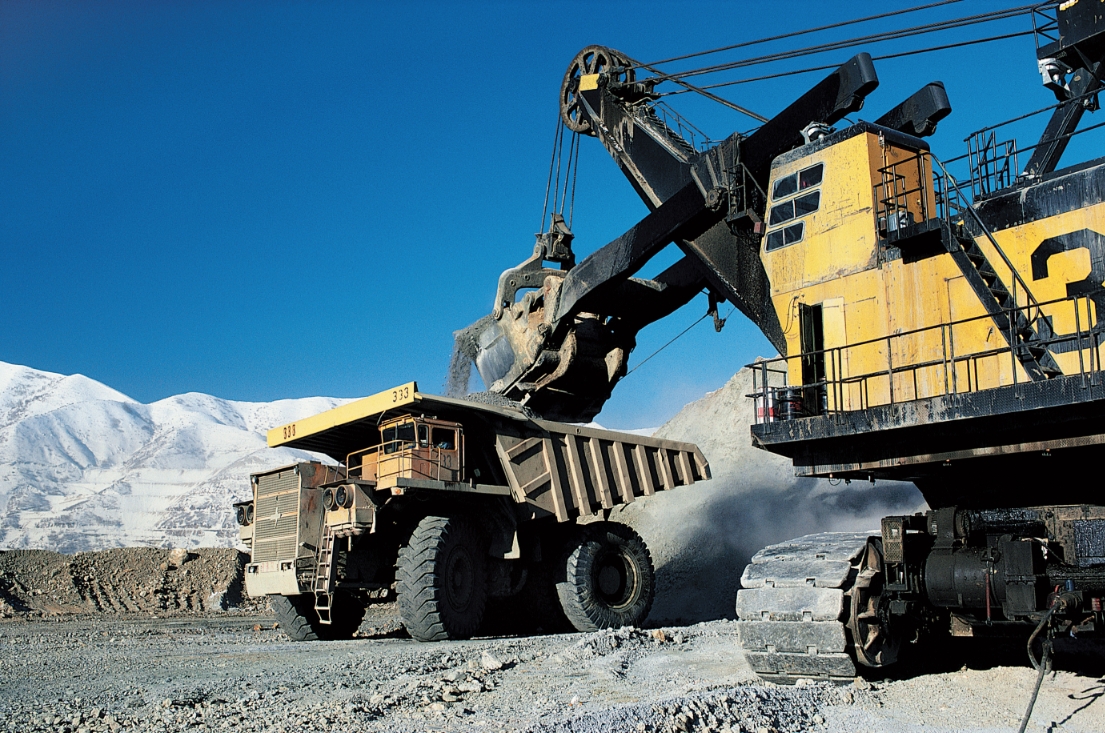Mr Henry Antwi, an Australia-based Mining Engineer and Consultant, has said Ghana’s tax rate is too high compared to other competing nations in the sub-region and called for a review of the tax policies to attract investment.
He said Ghana was losing most of the mining investment funds to Cote d’Ivoire and Burkina Faso in recent years due to lower tax regime in those countries.
For instance, he said, Ghana’s total tax rate stood at 66.5%, South Africa 33.6%, while other mineral-rich resource nations in the sub-region had much lower tax rate and expressed the need to have competitive tax policy on the global market to attract investment funds.
Addressing participants at the Fourth Public Lecturer of the West African Institute of Mining, Metallurgy and Petroleum (WAIMM) in Accra on Thursday, Mr Antwi said one way to encourage investment in the extractive sector was to reduce exploration expenses, minimise administrative bureaucracies in granting of mining licences, remove political influence and benchmark policies with mineral endowed countries.
He also called for the establishment of a mining fund with economic thresholds to support Ghanaian mining firms financially, in order to participate effectively in the extraction of mineral resources for economic growth.
Mr Antwi, who is also a Commercial and Technical Advisor at the Oman Development, a wholly-owned Australian government mining firm, said the local mining firms should have the potential of being listed on the Ghana Stock Exchange to boost their capital base to undertake big mining projects.
He underscored the need to deliberately groom local entrepreneurs for effective participation in the minerals development scheme so that they could bring in foreign partners, which would grant them strong bargaining power.
Another must read: What benefits will result from the formalisation of small-scale mining (SSM)? Interview with Sulemanu Koney
The public lecture was held on the topic “Developing Resource Based Industrialisation to Drive Economic Growth in Ghana”.
It attracted mining engineers, policy analysts and geologists, as well as officials from the Ghana Chamber of Mines, Minerals Commission and financial institutions, to share knowledge, experiences and network, as well as drive policy changes on ensuring effective way of harnessing the natural resources for economic growth.
Mr Antwi, also a Fellow of the Australasian Institute of Mining and Metallurgy, said Ghana had huge mineral resource potential with expertise in mining for over a century coupled with strong indigenous talents and strong institutions.
He said access to capital to fund mining exploration in Africa had become very competitive one because potential investors were looking at countries with attractive taxation regimes and favourable policies.
He said Ghana had impressive data on geology of mining areas, but there was the need to market the potential of the nation’s mineral resources to attract investments.
Therefore there was the need to find avenues of maximising profits from the mineral resources, instead of taxation, he stated.
He advocated the need to add value to the natural resources in order to create more jobs, adding that, in the mining value chain in Ghana, every direct job in the mining industry, created 28 indirect jobs.
Mr Lawrence Omari-Mensah, the President of the WAIMM, in his welcome remarks, said the Organisation was established to enhance professionalism, provide exceptional leadership in science and industry, high quality professional inputs in industry and society, as well as provide career and professional development.
Dr Peter Amponsah-Mensah, who chaired the function, commended WAIMM for bringing together practitioners, professionals, and academia in the extractive industry for the deliberations.
He said the extractive sector had earned the nation some foreign earning, noting that, it had only contributed a meager two to nine per cent of the country‘s Gross Domestic Product (GDP).
Dr Amponsah-Mensah said the mining guideline under the Ghana Minerals and Mining Policy promulgated in 2014 called for diversification of the mineral production base in order to promote more sustainable support for the national economy.
In that regard, he said, the government had plans of establishing the Ghana Bauxite Development Authority to ensure value-added linkages to promote local participation and growth in the extractive sector.
“Ghana is endowed with natural resources but we need to understand the economic impact of the resource before we do anything, otherwise we might be sub-optimising our resources,” he noted.
He reiterated the need for value addition of the resources through diversification, especially implementing the integrated Bauxite and Aluminium Development Project to create more jobs and create wealth.
Some dignitaries that graced the occasion included Madam Amma Adomaa Twum-Amoah, the Ghana’s Ambassador to Ethiopia and Lawyer Sam Okudjeto, a member of the Council of State.
A related article: Is the African mining sector becoming uninvestable?
GNA


